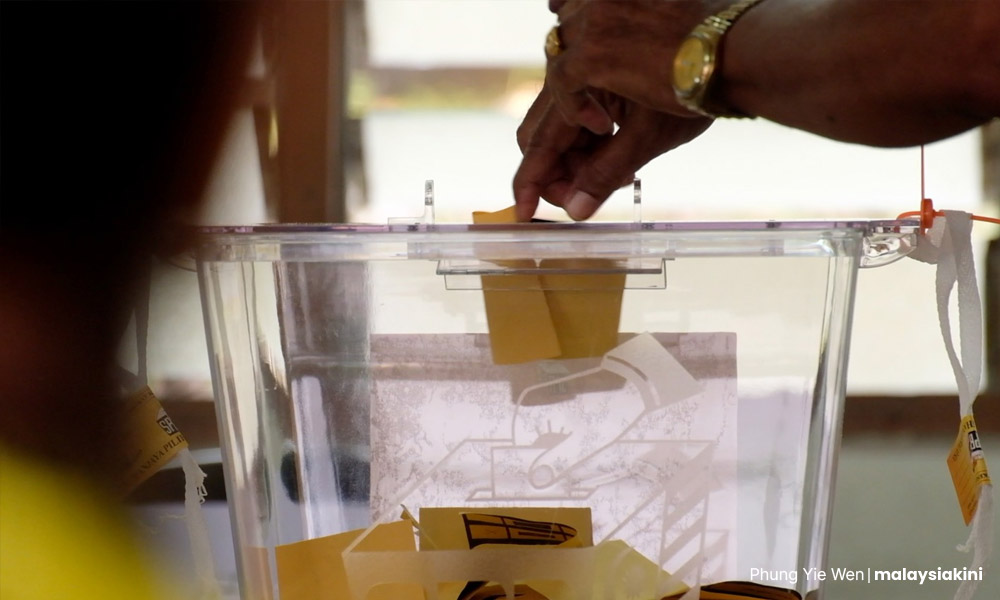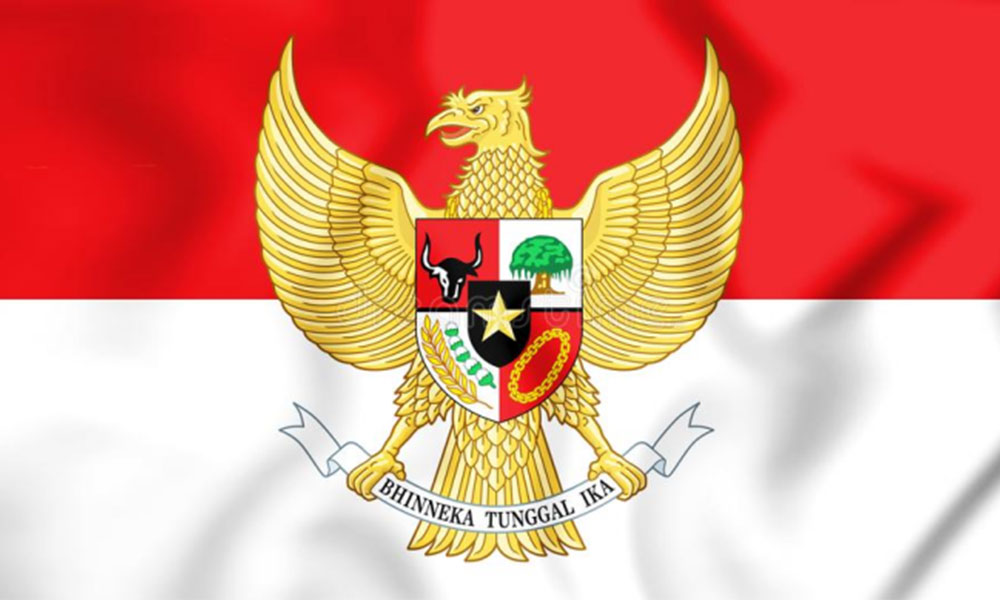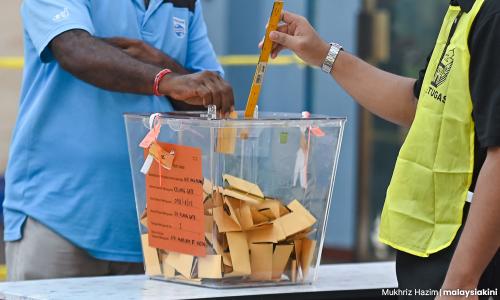ADUN SPEAKS | State elections a gauge of political abilities
ADUN SPEAKS | State elections, a cornerstone of democracy, hand power back to the people at the state government term’s end, with candidates showcasing their achievements for voter evaluation.
In Malaysia, politics has evolved from ‘conquering’ to ‘governing’, emphasising parties and leaders who demonstrate strong governance skills and achievements.
Amid changes in leadership, coups, and ruling party rotations, everyone has experienced being in power or in the opposition.
Under a united government, cooperation is needed between different sides like Pakatan Harapan and BN.
Political speeches have shifted from sharp criticism to highlighting achievements, promises, and policies.
Parties must demand performance from their representatives, as relying solely on a party’s “faction protection” is no longer viable.
In this new political era, unity between government, parties, and local representatives drives voter turnout.

Performance and accountability
Local representative performance affects turnout rates, especially among residents and older age groups.
This trend encourages representative accountability and better candidate criteria, ensuring higher voter turnout.
Political parties should emphasise policies and engage their members in policy discussions.
They should select candidates based on merit, not just identity factors.
Voters should also look beyond identity and consider a candidate’s abilities and governance.
If parties focus on candidate competence instead of faction-based identity, they can ensure fair and capable candidate selections.
Indonesia’s changes
Indonesia has undergone significant political changes, from the downfall of authoritarian President Suharto during the 1997 financial crisis, through the brief presidencies of Habibie and Wahid, to hopes of reform under Megawati, which yielded limited results.
Even military-backed two-term presidents like Susilo Bambang Yudhoyono couldn’t bring substantial progress.
It wasn’t until civilian President Joko Widodo, now in his second term, that a focus on Indonesia’s founding principle of Pancasila led to diverse policies and a new era of multi-dimensional politics.

Indonesia’s journey towards a more enlightened and diverse political path, free from religious and ethnic identity-based politics, has been challenging.
I hope Malaysia can also strive to break free from divisive influences, strengthen its diverse political landscape, rejuvenate its talent pool, and transcend factionalism.
This would help the nation escape the confusion of a world where good and evil are often blurred and bring clarity to its path forward.
CHEW CHONG SIN is the Mengkibol assemblyperson.
The views expressed here are those of the author/contributor and do not necessarily represent the views of Malaysiakini.
RM12.50 / month
- Unlimited access to award-winning journalism
- Comment and share your opinions on all our articles
- Gift interesting stories to your friends
- Tax deductable
